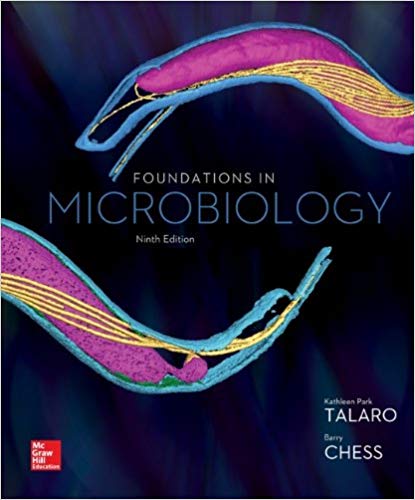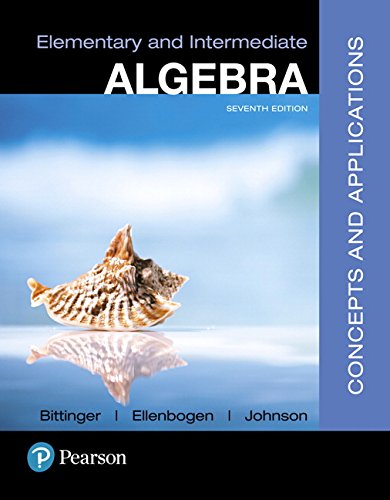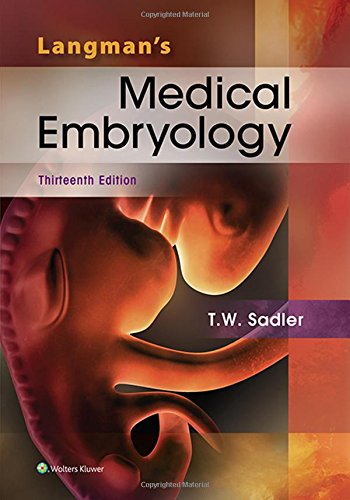The guide is essential for every literacy teacher. An array of high-utility assessment tools is offered in the volume, as well as their use in evidence-based understandings about literacy development. Concrete guidance is offered by the authors for interpreting assessment results. Many of the features that made earlier editions so powerful are included in the fourth edition. This is an exceptional text for preservice literacy education and for practicing teachers who are looking to extend their skills in using assessment to support students. It’s critical for guiding and improving reading instruction. The legacy of making assessment doable, meaningful, and authentic for teachers and scholars is carried on by the fourth edition of this highly readable text. They cover what should be assessed in reading, including the affective domain. There is a greater focus on Latin and Greek word roots in this edition. The goalposts have been moved when it comes to best assessment practices in reading by the authors. The fourth edition addresses the ‘whats,’ ‘whys,’ and ‘how-tos’ of assessing students’ reading skills. A framework and set of tools for teachers and interventionists to identify students’ needs and provide targeted instruction is provided by it. The introduction and first chapter detail the revisions and updates. There were gaps in the third edition of the assessments for middle school. The best reading assessment text is this one.
–This text refers to the paperback edition.
Katherine A. Dougherty Stahl, EdD, is Clinical Professor of Reading at New York University, where she serves as Director of the Literacy Program and teaches graduate courses. In addition to teaching in public elementary school classrooms for over 25 years, Dr. Stahl has extensive experience working with struggling readers in clinical settings. Her research focuses on reading acquisition, struggling readers, and comprehension. She is coauthor of
Assessment for Reading Instruction, Fourth Edition ;
Developing Reading Comprehension: Effective Instruction for All Students in PreK?2 ; and
Reading Assessment in an RTI Framework . Dr. Stahl is a recipient of the Jeanne Chall Visiting Researcher Award from Harvard University and the Teaching Excellence Award from the Steinhardt School of Culture, Education, and Human Development at New York University.
Kevin Flanigan, PhD, is Professor in the Literacy Department at West Chester University of Pennsylvania (WCU). He works in the WCU Reading Center along with master?s students to assess and teach children who struggle to read and write. A former middle-grades classroom teacher and reading specialist/coach, Dr. Flanigan researches and writes about developmental word knowledge and struggling readers. He is coauthor of several books, including Assessment for Reading Instruction, Fourth Edition , and Developing Word Recognition .
Michael C. McKenna, PhD, was Thomas G. Jewell Professor of Reading in the Curry School of Education at the University of Virginia until his death in 2016. He authored, coauthored, or edited more than 20 books, including Assessment for Reading Instruction, Fourth Edition ; How to Plan Differentiated Reading Instruction, Second Edition: Resources for Grades K?3 ; and Organizing the Early Literacy Classroom ; as well as over 100 articles, chapters, and technical reports on a range of literacy topics. Dr. McKenna also served as Series Editor, with Sharon Walpole, of The Essential Library of PreK?2 Literacy. He was a corecipient of the Edward B. Fry Book Award from the Literacy Research Association and the Award for Outstanding Academic Books from the American Library Association, and was a member of the Reading Hall of Fame. –This text refers to the paperback edition.










Reviews
There are no reviews yet.